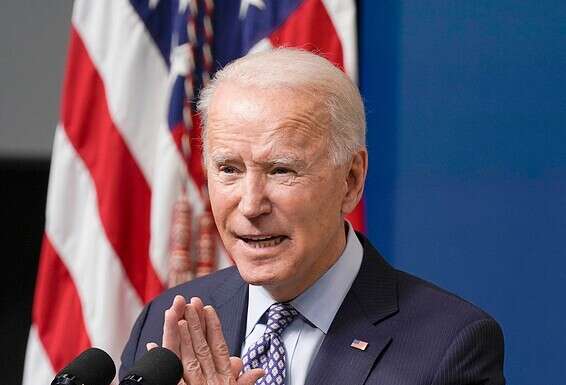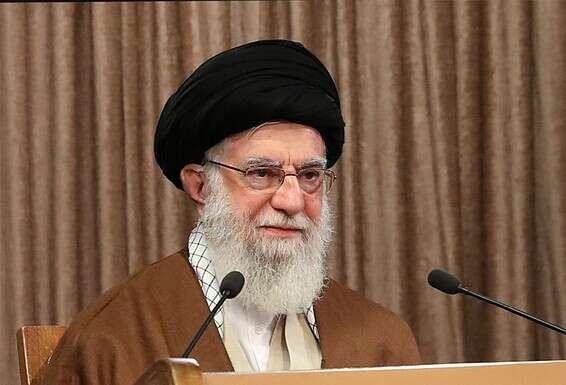
Exactly six decades ago, at the beginning of John F. Kennedy’s presidency, he anchored his policy toward Egypt in his ardent belief that the revolutionary Nile country led by President Nasser could be elevated to a path of moderate, restrained, and pragmatic conduct. This is done by providing generous positive incentives, in the form of grants, scholarships and credit packages, that will encourage it to focus on the economic development goal from home, and abandon its subversive and militant conduct in the space.
Blinken: “We will strengthen the nuclear agreement with Iran” // Photo: Reuters
It is true that this is only the first step in the White House’s response to the Iranian threat, and that its re-accession to the agreement should be only the initial lever in the path of expansion of the framework of the agreement. This while also addressing future issues of Iranian subversion throughout the region and its missile venture, alongside an attempt to correct the many shortcomings and flaws left in the original “Vienna Agreement”.
However, the past shows that this is a dream in aspemia. Just as the flood of “positive sanctions” inflicted on Nasser’s head in the early 1960s did not moderate him in any way, but rather encouraged him to embark on a large-scale military operation in Yemen, so today there is much doubt as to Washington’s willingness to return to the agreement. (Which is a unilateral advance and an extraordinary gesture on its part), will bring about some change in the “operational code” of the Iranian leadership, and will convince it to respond with its own confidence-building step in the face of what appears to be a fiery American courtship.

On the contrary, the damage from such a sharp and dramatic abandonment of President Trump’s deterrent, saddle and punitive line is already real and tangible – and outweighs the tactical benefits inherent in Iran’s possible decision (despite its current rebellious and confrontational approach) to return to the bargaining chip.
It should not be forgotten that Biden’s unstoppable run towards the renewal of the diplomatic channel was accompanied by a mask of signals from him, which made it clear that Saudi Arabia – and not Iran – had in his eyes become the bad boy in the neighborhood. His decision to freeze offensive arms deals with Riyadh and the United Arab Emirates, which were central to their decision to thaw their relations with Israel, has already led to the unraveling, or at least weakening, of the “Abraham agreements.”
The final formation of these agreements was conditional on an American military exchange for the bloc of Arab states, which had recently crossed the Rubicon and signed peace and normalization agreements with the Jewish state. Thus, while Saudi Arabia and the United Arab Emirates have already been severely punished by the new administration for participating in the war against Iran’s Houthi satellite in Yemen, Tehran – on the other hand – has been largely reprimanded by “all the president’s men” (with the slight addition of a single air bomb) And mostly symbolic against the Iranian militias on the Syrian-Iraqi border), which was completely engulfed in the flow of positive messages that came from Washington to Tehran.

Just as Yemen became the Valley of Weeping for Kennedy when it unveiled the naivety that was a picture in its efforts to persuade Egypt to recalculate a route and cut itself off from the dream of revolution, so too Yemen may be the arena where the overall conception from Biden’s creator collapses. This is because the lesson to be learned in Tehran following the actual abandonment of the Saudi ally will not be in the direction of its moderation, but rather in the direction of toughening in the face of what appears to be a clear demonstration of American weakness.
The world in which we live is far from perfect and consists of various shades of gray, which must be addressed and weighed also in relation to traditional American interests. In practice, just as President Obama publicly apologized to the Tehran government for his country’s involvement in a military coup that toppled Muhammad Mossadeq’s nationalist regime in 1953, so the current president of the American nation demonstrates a purist and distorted attitude toward an environment saturated with instability and violence. This while abandoning traditional allies, now neglected on the side of the road on the altar of renewed Iranian illusion.